Year 3 Teaching Resources
Explore printable worksheets, digital activities, games and more Year 3 resources, all aligned to the Australian curriculum! The teacher-created resources have all been designed with primary teachers and students in mind to meet the special needs of children as they transition into the middle years of their primary school education.
Carefully curated and thoroughly reviewed by the expert teachers of the Teach Starter team to ensure they're classroom-ready, our Year 3 resources can save you lesson planning time this school year with editable and differentiated options at the ready.
Teach Starter’s Year 3 resources utilise a vast array of resource types and have something for every learning area. Here's just a taste of what you'll find for your classroom!
- Spelling words and English worksheets
- Fractions activities and Maths worksheets
- Social and emotional learning activities
- Narrative writing stimuli
- Language conventions practice
- And so much more!
Are you new to teaching Year 3? Here's a look at what this year of primary school is all about!
What Is Year 3 in Australia?
Year 3 sits right in the middle of primary school for most students in Australia as the fourth year of compulsory education.
How Old Are Kids in Year 3?
The exact age of students will vary slightly by state (and birthday!), but most children in your Year 3 class will be 8 to 9 years old.
What Do Students Learn in Year 3?
Year 3 is a big one for Australian students. Many will sit the NAPLAN tests, and more than a few will hit double digits before the year is through. This is a big year for Maths between the introduction of more complex fractions and formal multiplication, as well as even more skill-building in other learning areas.
Exactly what they're expected to learn will depend to some degree on the state or territory where you are teaching, but here's a look at what your students can expect to encounter in the key areas of the curriculum!
English
Year 3 students continue to develop their reading, writing, speaking, and listening skills in their English lessons. Reading will involve more complex texts, including longer novels, non-fiction texts, and poetry.
Students will also be expected to analyse these texts more deeply, examining themes, character development, and literary techniques. Comprehension skill-building will require deeper analysis of texts and drawing inferences from what is read.
While Year 2 instruction focuses on basic writing skills such as sentence structure and punctuation, this older group of students will move toward more advanced writing skills such as paragraphing, using descriptive language, and organising ideas in a logical way.
Grammar and spelling will also become a greater focus this year, with an emphasis on understanding and applying more complex grammar rules and spelling patterns.
Maths
Fractions feature front and centre of the Year 3 Maths curriculum. Students will learn to identify, compare, and order unit fractions (those being fractions with a numerator of 1), as well as use them in simple problem-solving contexts.
We already alluded to this being a big year for multiplication, and is it ever! Year 3 students learn the basic multiplication facts — such as 2 x 2 = 4 and 3 x 3 = 9 — and they begin to use these facts to solve multiplication and division problems. They also learn to interpret and create simple multiplication and division problems.
Students will have the chance to build upon their understanding of measurement concepts from Year 2, including length, mass, and capacity. They'll learn to measure and estimate using standard units, plus how to compare and order measurements.
Maths students will expand their knowledge of 2D shapes this year, and they will begin to learn about three-dimensional shapes and their properties.
Place value is still a big part of maths, of course. Year 3 students expand their understanding of place value to include numbers up to 10,000, and they learn to read, write, and compare four-digit numbers. They also learn to use place value to solve addition and subtraction problems.
Science
Science instruction in Year 3 is more focused on building a deeper understanding of scientific concepts and their applications, as compared to Year 2. It also emphasises the development of scientific inquiry skills that will help kids become more proficient in conducting scientific investigations and communicating their findings.
Students in Year 3 learn to ask questions, plan and conduct investigations, collect and record data, and communicate their findings as part of their development of science inquiry skills. They spend a portion of the year learning about the characteristics of living things, including plants and animals. Year 3 students will have the chance to explore the life cycles of plants and animals, as well as learning about the needs of living things and their habitats.
While they're learning about things that live on Earth, they're also learning about the planet itself, exploring geological features such as rocks, soil, and minerals. They also explore heat energy and how it can be transferred from one object to another.
Last, but certainly not least, Year 3 students learn about the properties and states of matter, including solids and liquids (gasses are explored later on in primary school).
Humanities and Social Sciences
Building on the foundation set in Year 2, Year 3 HAAS lessons build a deeper understanding of historical events and concepts, as well as exploring the social and economic systems that underpin Australian society.
Students learn about the historical events, people, and places that have shaped Australia's history. They explore the concept of change and continuity over time and learn to use historical sources to investigate the past. Students also study significant cultural events celebrated in our country and how they contribute to Australia's diversity and identity.
Geography instruction will guide students as they learn about the physical and cultural characteristics of places and regions. They'll learn more about the representation of Australia as states and territories, and as Countries/Places of First Nations Australians. Students will also begin exploring Australia's neighbours such as New Zealand, Papua New Guinea, and Indonesia.
Civics instruction sees Year 3 students strengthening their understanding of what it means to live in a democratic society. They will draw upon their own personal experiences to examine why rules are important and to discuss how they can be active participants in the communities to which they belong.
Health and Physical Education
With their bodies rapidly changing, Year 3 students learn about the factors that influence their health and wellbeing, including the importance of good nutrition, hygiene, and sleep. They also learn about social and emotional health, including how to manage their feelings, develop positive relationships, and make safe and healthy choices.
In Year 3, there are a number of different types of safety on tap in lessons, including road safety, water safety, and personal safety. They develop an understanding of risk and learn strategies for staying safe in different situations.
Year 3 students also learn about the importance of being active and informed citizens in their community. They learn about the benefits of volunteering and begin to develop an understanding of the responsibilities and rights of individuals in society.
The Arts
In Year 3, students develop more advanced skills in drawing, painting, and other visual arts techniques. This includes studying the elements of art — such as line, shape, colour, and texture — and beginning to use these to create more complex artworks.
In music class, these children are learning all about musical notation and how to read and write simple music, while drama instruction explores different forms of drama, including role-playing, improvisation, and scripted performance. Students get the chance to learn about the elements of drama, such as character, plot, and setting, and begin to use these to create their own dramatic works.
- Plus Plan
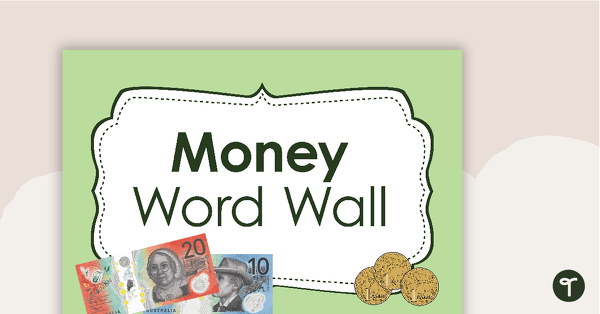
Australian Money Word Wall Vocabulary
Seventy-five money vocabulary cards.
- Plus Plan
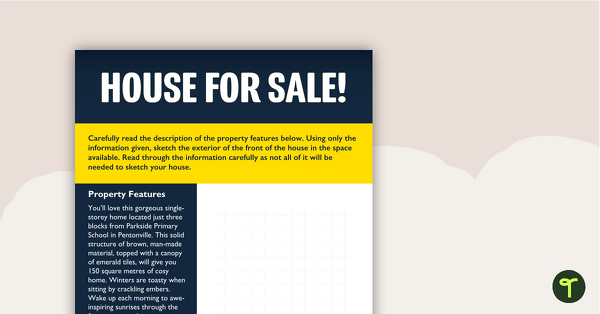
Inference Real Estate Advertisements - Worksheet
A series of real estate advertisement worksheets to use when teaching your students how to infer information from written texts.
- Free Plan
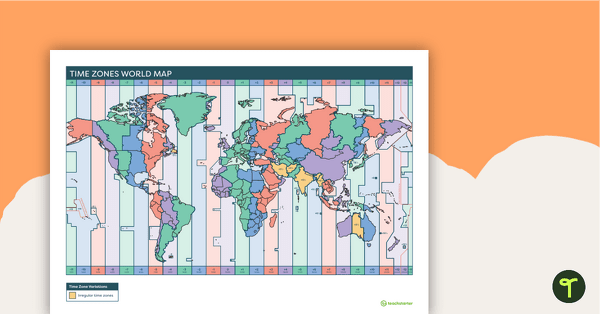
Time Zones World Map
A poster to display in the classroom to show the different time zones of the world.
- Plus Plan
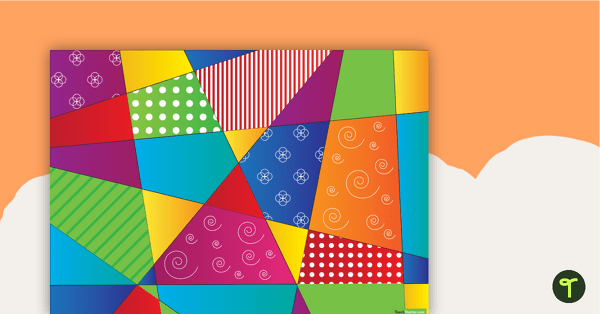
Line Drawing
A template to use as an example for this line drawing activity.
- Plus Plan
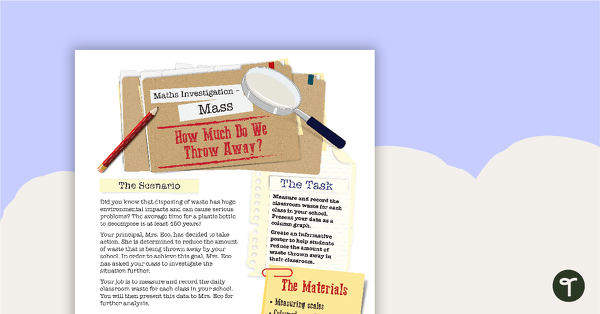
Mass Maths Investigation - How Much Do We Throw Away?
A mathematics investigation about measuring mass, embedded in a real-world context.
- Plus Plan
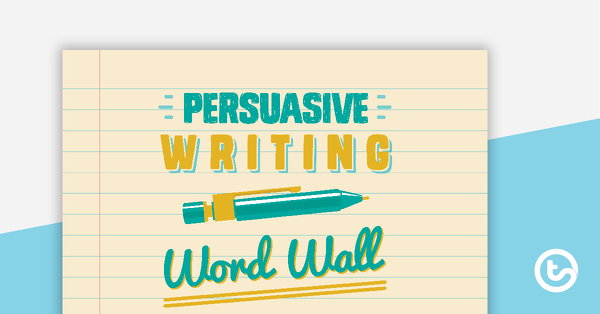
Persuasive Writing Word Wall Vocabulary
Persuasive language for a word wall.
- Plus Plan
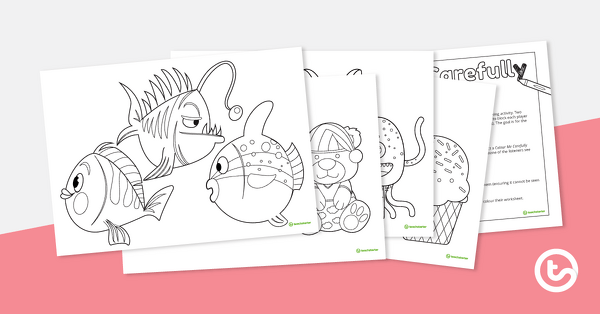
Colour Me Carefully Worksheets
A set of four colouring pages to be used as speaking and listening activities.
- Plus Plan
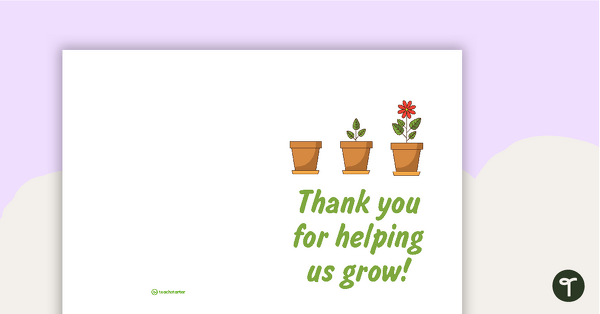
Thank You Cards - Thank You For Helping Us Grow
Garden inspired thank you cards for teachers or support staff.
- Plus Plan
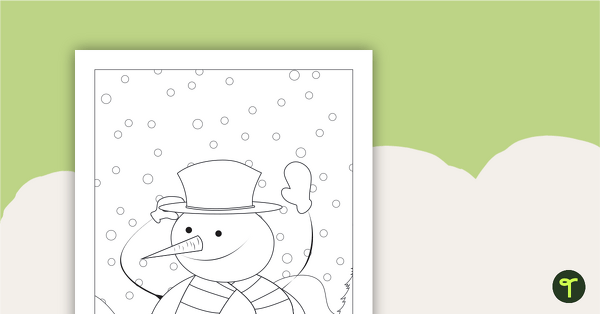
Snowman Colouring in Sheet
Colour a cute snowman colouring sheet as an easy classroom brain break activity.
- Plus Plan
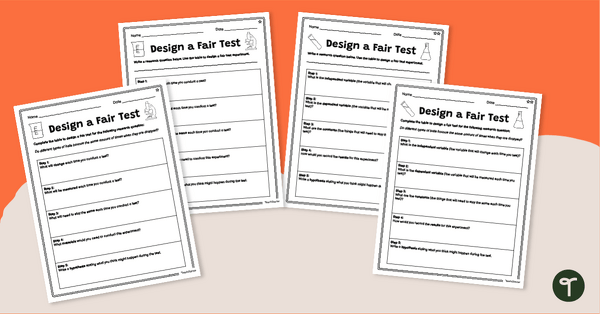
Fair Testing in Science - Differentiated Experimental Design Worksheets
Use a differentiated experimental design worksheet to introduce your students to the concept of fair testing in science.
- Plus Plan
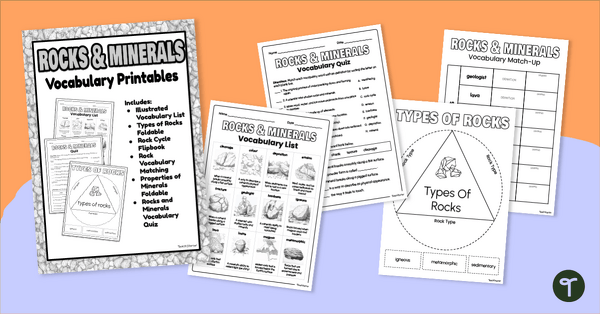
Rocks and the Rock Cycle Worksheet Pack - Vocabulary
Download our Rocks and the Rock Cycle Worksheet Pack to practise a variety of academic vocabulary skills with your students.
- Plus Plan
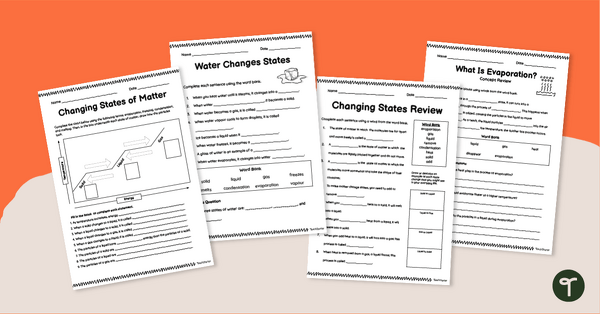
Changing States of Matter Worksheets
Introduce your students to the changing phases of matter with a set of printable science worksheets.
- Plus Plan
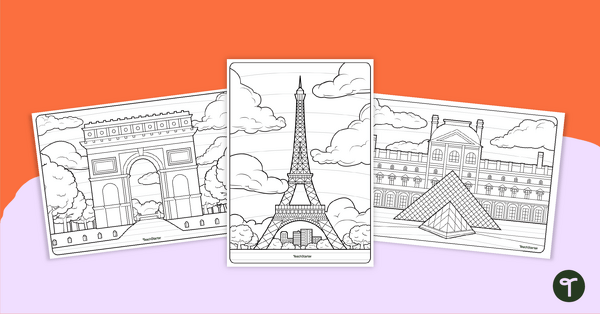
Paris Landmarks – Mindfulness Colouring Pages
Use this set of mindfulness colouring pages of Paris landmarks to celebrate the magic of Paris during the 2024 Olympic and Paralympic Games.
- Plus Plan
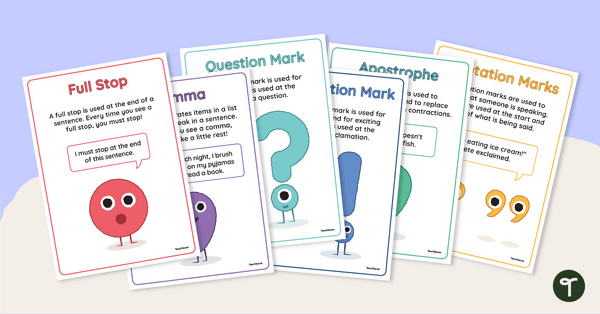
Punctuation Poster Pack
Display this set of 6 punctuation posters in your classroom to remind your students of the most common punctuation marks and their uses.
- Plus Plan
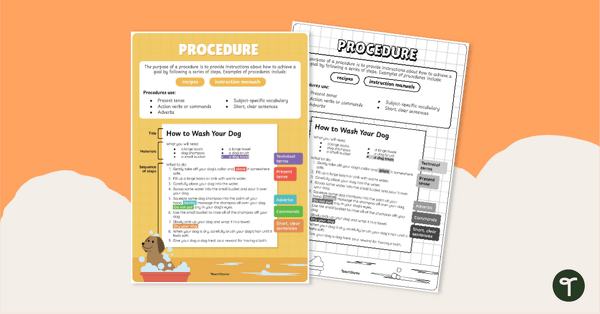
Procedure Text Type Poster With Annotations
Display this procedure text with annotations to help students identify the structure of a procedure.
- Plus Plan
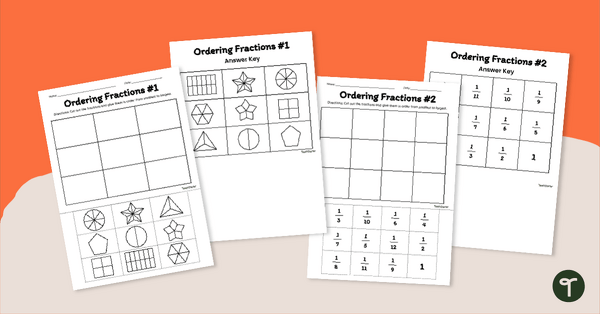
Ordering Unit Fractions Cut and Paste
Practise ordering visual representations of unit fractions and their fraction with this set of worksheets.
- Free Plan
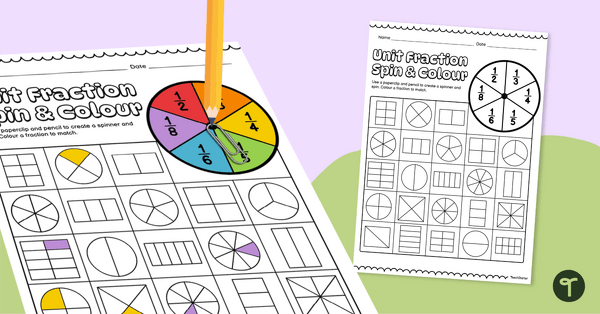
Unit Fraction Spin and Colour Activity
Read and colour unit fractions in this fun spin and colour activity with your students.
- Free Plan
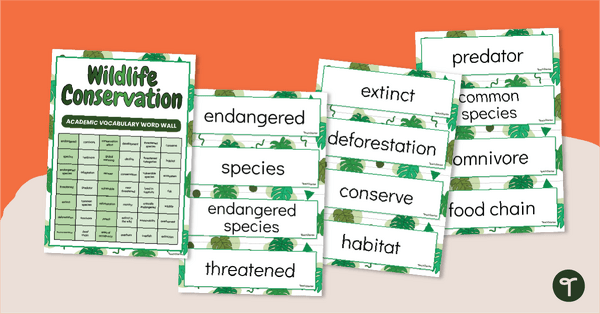
Wildlife Conservation Vocabulary Words
Build academic vocabulary with a printable Animal Conservation word wall.
- Plus Plan
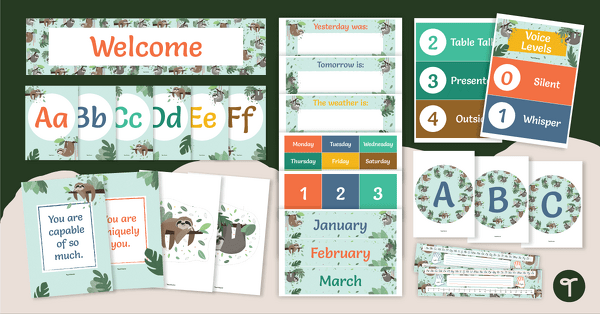
Sleepy Sloth Classroom Decor Theme Bundle
Slow down and enjoy decorating your classroom with a fun Sleepy Sloth Classroom Decor Theme Bundle!
- Plus Plan
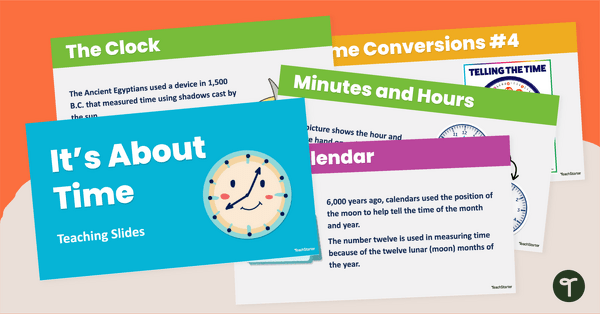
It's About Time! Introduction to Time PowerPoint
Introduce your students to the concepts and history of time and for investigate the relationship between units of time with an interactive teaching slide deck.
- Plus Plan
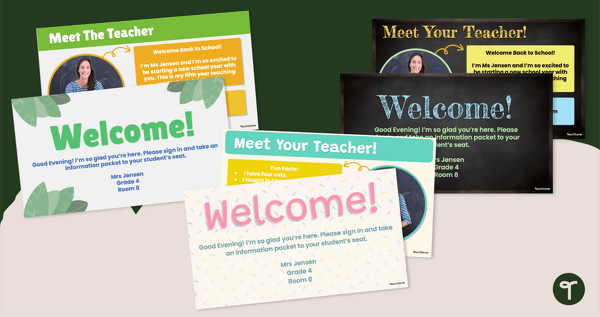
Meet The Teacher Presentation Template
Introduce yourself and your classroom expectations to parents and students with a customisable Meet the Teacher Slideshow!
- Plus Plan
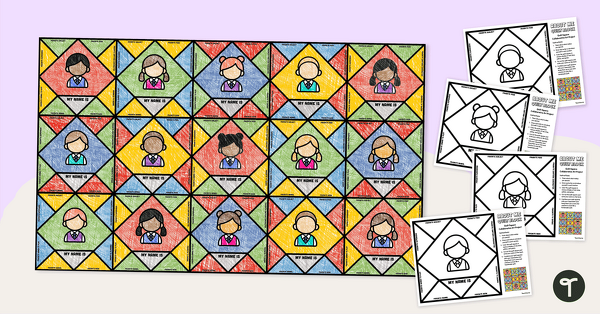
Get to Know Me Classroom Quilt Template
Create a Get to Know Me Quilt with a printable quilt block template to show off the fantastic new students in your classroom this year.
- Free Plan
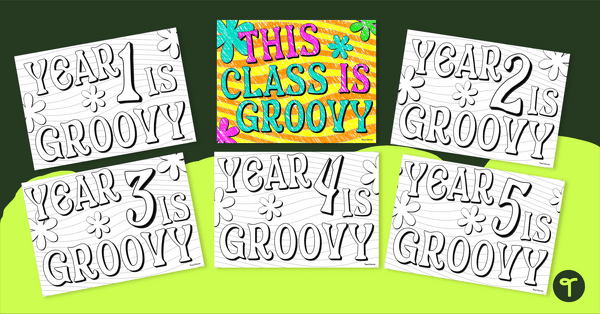
Back to School Retro Theme Colouring Sheets
Kick off a groovy new school year with fun retro colouring pages!
- Plus Plan
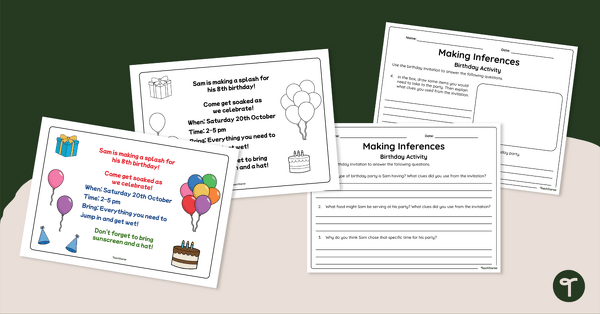
Making Inferences – Birthday Activity
Teach your students how to make inferences with this birthday invitation activity.
- Plus Plan
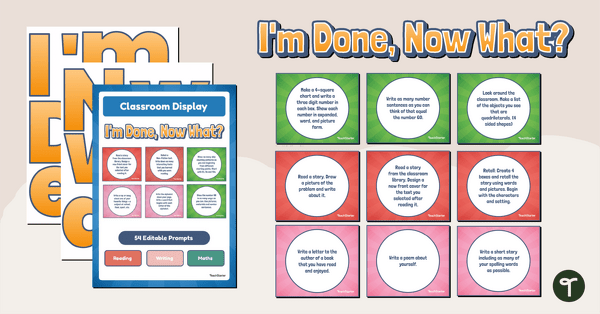
I'm Done! Early Finishers Choice Board Display
Build a useful ‘I’m Done, Now What?’ classroom display with a printable early finisher choice board display.
- Plus Plan
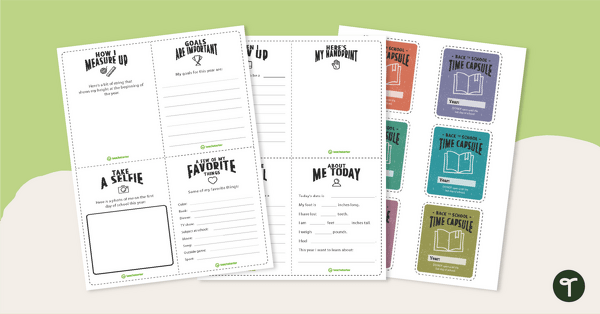
Beginning of Year Time Capsule Activity
Use this printable time capsule template during the first week of school and again at the end of the year!
- Plus Plan
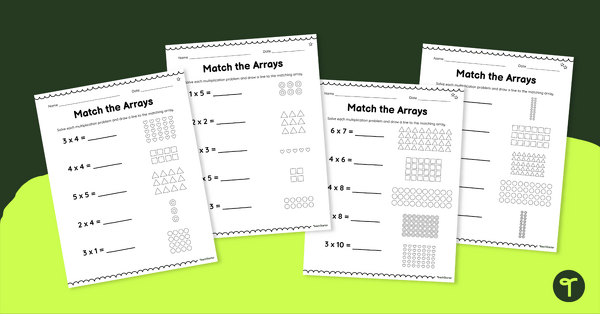
Match the Arrays Worksheet Pack
Give your students practise matching arrays and multiplication facts with these math worksheets for years 2 and 3.
- Plus Plan
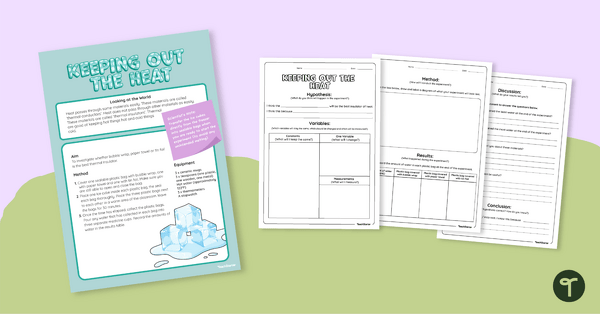
Heat Insulators Science Experiment (Keeping Out the Heat)
Investigate heat insulators with your students using this engaging science experiment.
- Plus Plan
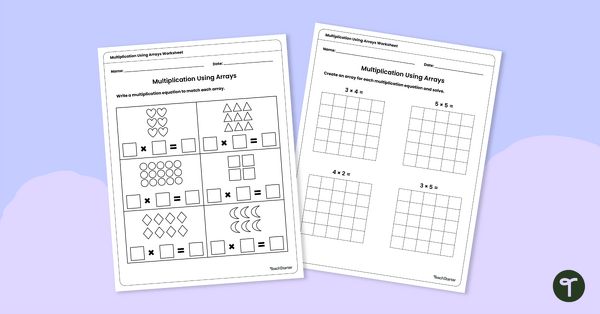
Multiplication Using Arrays Worksheet
Encourage your students to practise multiplication using arrays with this worksheet.
- Plus Plan
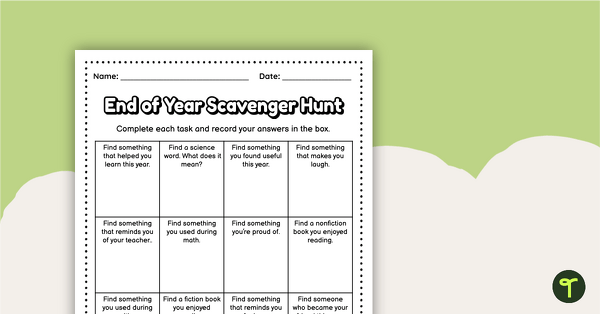
End of Year Classroom Scavenger Hunt for Kids
Reflect on the school year and get your students moving with a printable classroom scavenger hunt.
- Free Plan
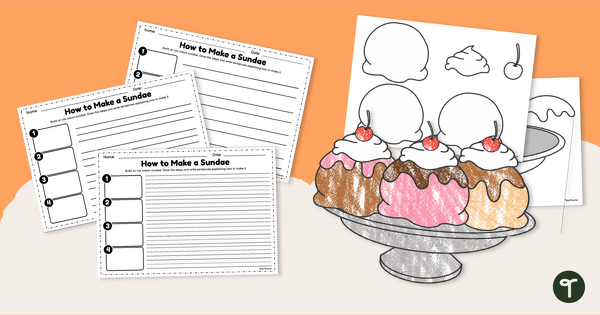
Procedural Writing Activity - How to Make a Sundae
Inspire students to generate procedural writing texts with a fun, summer-themed end-of-year writing assignment and craft.
- Plus Plan
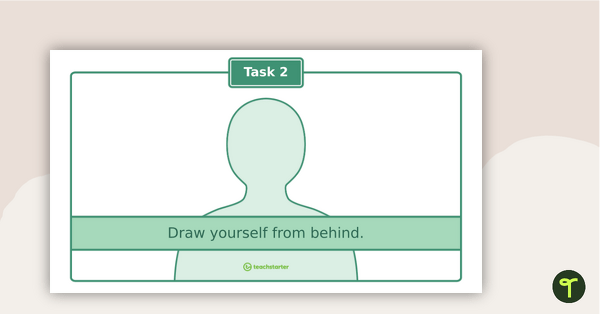
30 Mindful Drawing Tasks
30 drawing tasks to promote mindfulness in your classroom.